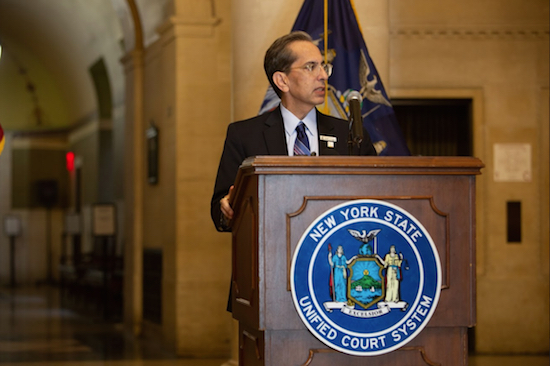LBGT judges celebrate landmark rulings that paved way for equality

When Kings County Family Court Judge Javier E. Vargas was appointed to the bench five years ago, the fact that he was an openly gay man was a non-issue. He knew that hadn’t always the case though. So, when he showed up at the N.Y. State Supreme Court House at 60 Centre St. in Manhattan for a LGBT Pride event about two lesser-known landmark rulings that advanced LGBT rights, he was curious to learn about the trailblazers who made his career possible.
“I wasn’t expecting that, how hard it was for us to become judges,” Vargas said after the event. “Most of us are younger than them so we don’t know all … the struggle that they had.”

Brooklyn Boro
View MoreNew York City’s most populous borough, Brooklyn, is home to nearly 2.6 million residents. If Brooklyn were an independent city it would be the fourth largest city in the United States. While Brooklyn has become the epitome of ‘cool and hip’ in recent years, for those that were born here, raised families here and improved communities over the years, Brooklyn has never been ‘uncool’.